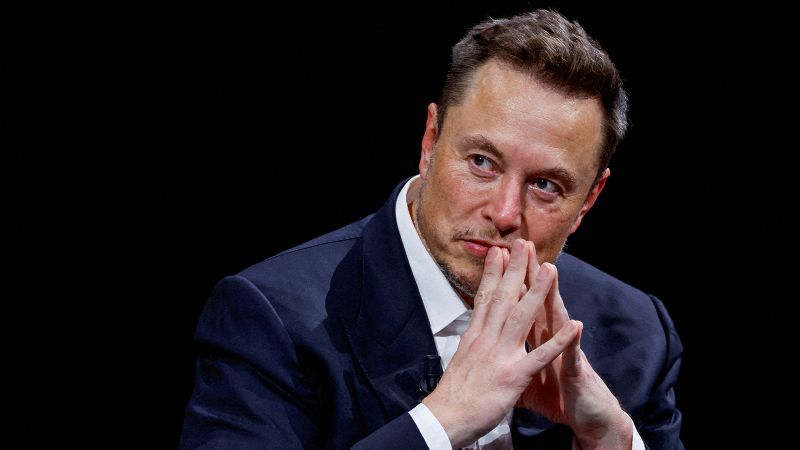The Supreme Court has declined Elon Musk’s request to back out of a settlement agreement with the SEC from 2018, in which Musk agreed to have a company lawyer approve his social media posts about Tesla. This settlement came after Musk made a tweet claiming he had secured funding to take Tesla private at $420 a share, a statement that the SEC alleged was false and led to significant fluctuations in Tesla’s stock price. Musk has since challenged the “Twitter sitter” provision, arguing that it violates his First Amendment rights. Despite Musk’s appeal to the Supreme Court, the court rejected it without comment or noted dissents.
Both a US District Court and the 2nd US Circuit Court of Appeals previously rejected Musk’s attempt to declare the Twitter sitter provision unenforceable. The appeals court panel stated that there was no evidence to support Musk’s claim that the SEC had used the consent decree to conduct bad-faith investigations of his protected speech. The panel suggested that Musk could have chosen to litigate against the SEC’s charges or negotiate a different agreement if he wanted to maintain his right to tweet without any internal oversight regarding certain Tesla-related topics, but he opted not to do so.
Elon Musk’s controversial social media posts have been a source of scrutiny for regulators and investors, with the SEC accusing him of making misleading statements that impacted Tesla’s stock price. Musk’s decision to purchase Twitter in 2022 and rename it X further underscores his determination to have control over social media platforms. The rejection of his appeal by the Supreme Court reaffirms the validity of the settlement agreement he made with the SEC and highlights the importance of regulatory oversight in ensuring transparency and accountability in financial markets.
The role of the SEC in monitoring and enforcing regulations related to corporate disclosures and communications is crucial in maintaining investor confidence and market integrity. By requiring Musk to seek approval for his social media posts about Tesla, the SEC aimed to prevent misleading information that could potentially influence stock prices and harm investors. The Supreme Court’s decision to uphold the settlement agreement serves as a reminder to corporate executives and public figures of the importance of abiding by regulatory requirements to maintain transparency and protect the interests of shareholders.
Elon Musk’s legal battles with the SEC have brought attention to the regulatory challenges faced by high-profile individuals who wield significant influence in the business world. Musk’s attempts to push the boundaries of free speech and challenge regulatory oversight have sparked debates about the balance between corporate transparency and individual rights. The Supreme Court’s decision sets a precedent for how regulatory agencies can enforce compliance with settlement agreements and hold individuals accountable for their actions, even when they may have reservations about restrictions on their freedom of expression.
Moving forward, Elon Musk’s relationship with the SEC and the regulations governing his social media activity will continue to be closely monitored by investors, regulators, and the general public. Musk’s leadership of Tesla and other ventures has proven to be both innovative and controversial, leading to legal challenges and public scrutiny. As Musk navigates the complexities of regulatory compliance and corporate governance, the outcome of his battles with the SEC will shape perceptions of his leadership style and approach to accountability in the business world.













